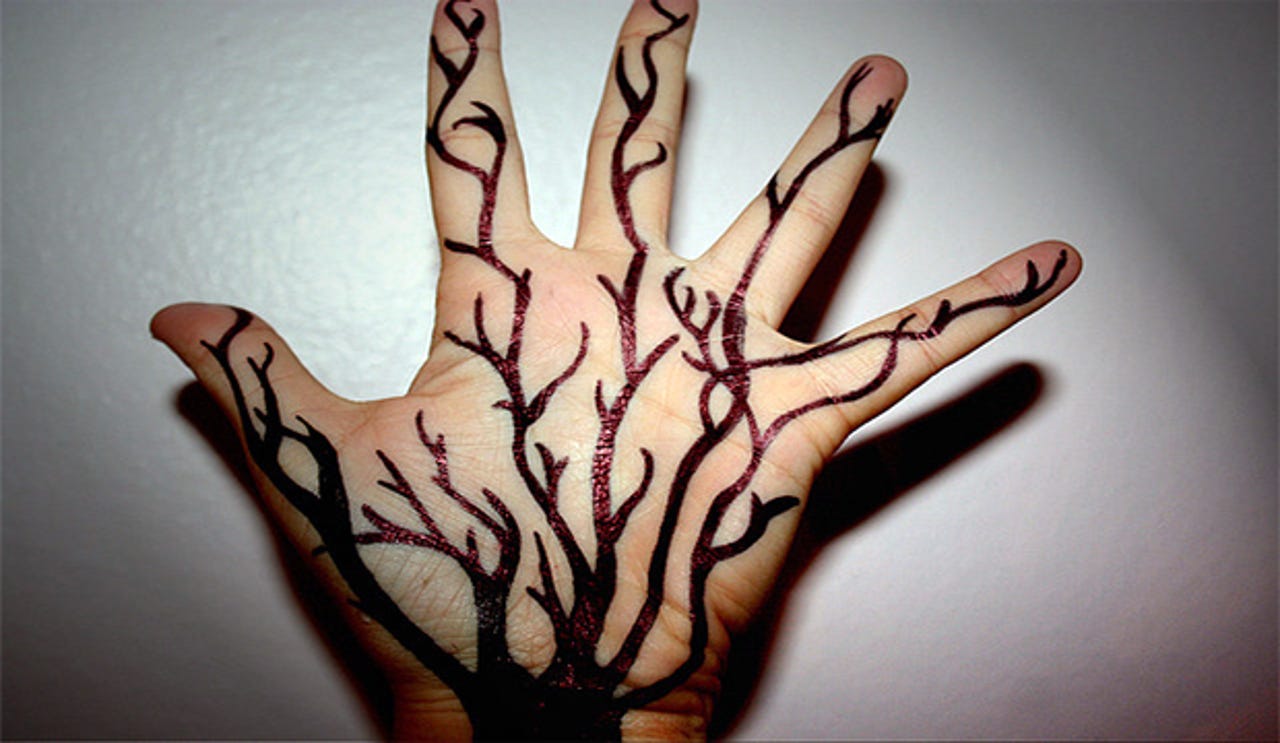Your palm will be your next password


Passwords could become a thing of the past if technology giant Intel's new products makes its way to laptops and mobile devices, Reuters reports.
The traditional security method, even when linked to different verification methods, remains an exploit that cybercriminals can pursue. Connectivity online often means that users will keep to the same password, or similar variants -- and once one account is breached, that information can be used to tap into financial information, online payment systems, or sensitive work documents.
But if Intel's prototype "Client-Based Authentication Technology" is successful, biometrics may be the latest defense against cyberattacks.
Intel researcher Sridhar Iyendar demonstrated the technology at Intel's Developer Forum this week. Waving a hand in front of a "palm vein" detector on a computer, one of Iyendar's assistants was logged into Windows 7, was able to view his bank account, and then once he moved away the computer locked Windows and went into sleeping mode.
The biometric sensors used on the laptop detect the unique vein patterns on a palm, which is of course far more difficult to forge than a password made up of '12345' or 'qwerty'. Lyendar said:
"The problem with passwords -- we use too many of them, their rules are complex, and they differ for different websites. There is a way out of it, and biometrics is an option."
The researcher said that once the device has recognized a user, that identity tag can be forwarded to any number of accounts securely; from banks to social networks, email or business networks. This would mean individual websites would no longer need to support password networks if the tech becomes widespread.
The palm-reading technology needs new software and sensors to be build into consumer laptops, but there's no need for a new kind of chip -- so biometrics may be on the shelves sooner than you think.
Biometrics may not be to everyone's taste, and the technology still needs work -- as airport officials in the UK found to their chagrin. Iris scanners were bought in to airports, costing £9 million, but were already out of date by the time the machines were installed. In addition, the tech was found to be less accurate than governments believed it would be.
However, new methods of security have to be found if account breaches and networks are not going to remain the playground of hackers. There's a reason why so many passwords include easy to remember number codes or word sequences, and the same password is used across multiple accounts -- the general public need an easy way to secure their data. Asking people to remember multiple patterns rarely works. Whether we like it or not, a swipe of the hand may be the answer.
Image credit: Jane Rahman